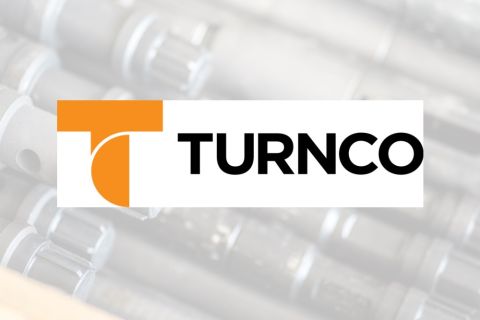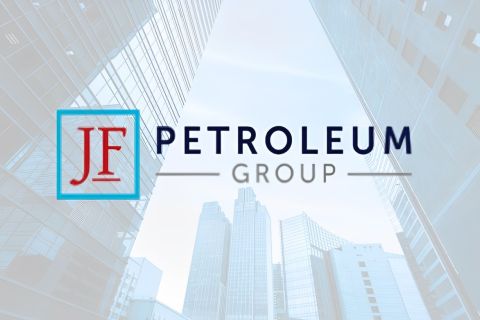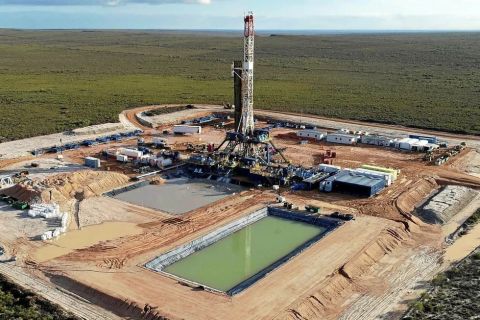 What constitutes intelligent operations? In short, a host of technologies and people who know how to integrate them successfully.
What constitutes intelligent operations? In short, a host of technologies and people who know how to integrate them successfully.
Intelligent operations in the oil and gas exploration and production industry is a concept that has been coming into reality during the past few years. While exploration programs to find new hydrocarbon reserves can and must continue, the intelligent operations idea centers on known reservoirs. These are fields that have already been found and are about to begin development or are already producing and possibly well along in their life cycles.
The focus is on getting more oil and gas out of existing reserves through asset and process optimization - continuous fine-tuning of facility and reservoir operating parameters to strike an ongoing, dynamic balance between minimizing operating costs and maximizing production during the life of the reservoir. Because of the lower economic and political risks involved, as well as the typically lower expenses compared with adding reserves through exploration, this effort promises to make a difference in a world still thirsting for hydrocarbon energy. The focus is likewise on safer operations through automation and remote control.
A major study by a leading industry consulting firm estimates that establishment of intelligent operations across the global upstream oil and gas industry could lead to a 20% decrease in production costs and a large increase in the recovery factor from hydrocarbon reservoirs.
In many cases, intelligent systems are equipped for remote worldwide operability, a boon to expert collaboration, consistent and best production management practices, and workplace safety, as fewer trips to well sites and less field personnel are needed.
While the intelligence concept is simple enough when viewed in a single well bore, implementations can go to all levels of complexity as the scale moves to multiple wells and artificial lift pumps, injection and enhanced-recovery operations, and a wide array of processing facilities. Implementations may go beyond the field level to still larger operational and business units.
"Intelligent operations (IO) integrates groups of technology into a common environment and organizes these around key operations workflows to leverage data more effectively," said Doug Meikle, Halliburton Energy Services Group vice president for the Landmark and Project Management product service line. "Since previous fundamental constraints around computing and communication bandwidth resources have been overcome, closing the loop involves establishing critical interfaces between data, applications, key workflows, the organization and the control systems so that they work together as a system, One of the problems that IO must resolve is to balance conflicting objectives and priorities across the system by incorporating reservoirs, wells, networks and facilities in order to meet all objectives."
Development of various intelligent operations models has provided the necessary groups of appropriate technologies, Meikle said. Among them are intelligent monitoring and control, model-based simulation, automated diagnostics and various collaborative technologies. In a number of pilots, these have proven feasible and incorporated into operators' standard technology portfolios in certain instances, he said.
The critical missing components to a working "optimizing system," Meikle said, include:
•Providing an effective platform and blueprint to support integration of the technologies into a common environment, generally via the Internet;
•The subsurface-to-surface interfaces necessary to bring reservoir and wells into the real-time operations environment; and
•Integration of the asset models in a form enabling their real-time leveraging to organize conflicting key objectives for true, sustainable optimization during the life of the asset.
Mike Hauser, i-field program manager for Chevron, said, "Each company's scope is a bit different, but within that scope, intelligent operations targets the capability of acquiring more accurate data automatically, analyzing that data automatically, applying 'artificial intelligence' tools to narrow/recommend a course of action and then executing. For Chevron, our
i-field initiative takes this approach and applies it to a system of workflows that are not traditionally connected - including, for example, those built on disciplines and geographics - with the key being integration and optimization of the system as opposed to merely a particular aspect."
Taken as a whole, intelligent wells, fields and operations "are just another way of characterizing the kind of monitoring, controls and understanding that we have been deploying into the process industries for 20 years," said Mike Strathman, vice president, Oil and Gas Consulting for Aspen Technology Inc. (AspenTech).
The ubiquitous use of sensor technology, for example, in process industries such as refining and petrochemicals - as well as in applications for aerospace and automobiles - has done much to reduce the price of this technology. Steep price reductions have likewise occurred in satellite links and network communications, while bandwidth has become much broader.
"In the process industries, we think of a refinery or a chemical plant as a single entity," Strathman said. "When managers of these facilities consider simulation, monitoring and data management, they consider them in their entirety, irrespective of the number of process units that make up that entity.
"Compared to a single refinery or a chemical plant, it's easy to view an oil and gas field, where facilities are often scattered over hundreds - maybe thousands - of square miles, as a group of individual assets. In reality, however, a field is a very complex, fully integrated asset, much like the assets that comprise refineries and chemical plants. Too often, we've thought in terms of 'my wells, my gathering system, my gas plant, etc.' And because we've thought this way, the solutions we've deployed in the oil field have been either individualized desktop solutions or isolated 'one offs,' where we've fixed a problem with, as an example, rod strings or pumps.
"To establish true intelligent operations, we must first recognize the similarity between the processes that occur in a refinery and those that occur in the oil field. We have a value chain that starts in the reservoir and finishes generally in a gas plant or refinery. All the wells, gathering pipeline, separators and other 'process units' impact each other and the performance of the integrated asset. That fundamental understanding is critical to the successful implementation of intelligent operations in the oil field."
A major industry consultant has estimated that an improvement of at least 25% in the industry's profit and loss performance is achievable through intelligent operations, Strathman said.
"Right now, the applications and capabilities to make significant impacts in this production space are available," he said. "It's simply a question of how and when operators will adopt these tools as well as the end business processes to make them work."
Recommended Reading
ChampionX to Acquire RMSpumptools, Expanding International Reach
2024-03-25 - ChampionX said it expects the deal to extend its reach in international markets including the Middle East, Latin America and other global offshore developments.
Turnco Buys Drill Spec Services to Enhance OCTG Capabilities
2024-04-09 - Turnco said the integration of Drill Spec’s assets will expand its service offerings in West and South Texas.
Beacon Offshore Divests Non-op Gulf of Mexico Interests
2024-04-05 - Beacon Offshore Energy said that with its non-op assets divested, it would turn all of its focus to its Shenandoah and Winterfell assets in the Gulf of Mexico.
The JF Petroleum Group Acquires General Contractor GE Goodson Service
2024-04-15 - Following the transaction, GE Goodson will operate as The JF Petroleum Group’s Midland branch on a go-forward basis.
Triangle Energy, JV Set to Drill in North Perth Basin
2024-04-18 - The Booth-1 prospect is planned to be the first well in the joint venture’s —Triangle Energy, Strike Energy and New Zealand Oil and Gas — upcoming drilling campaign.




